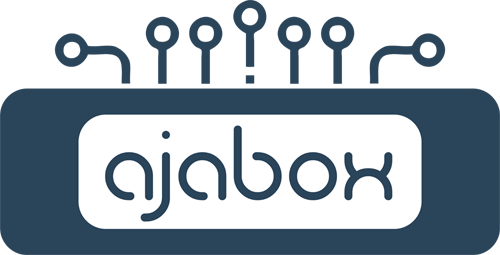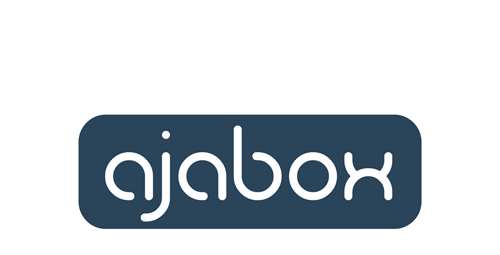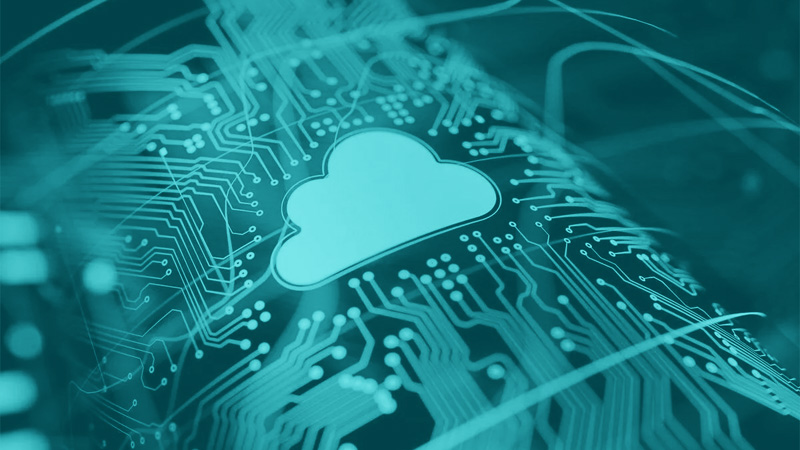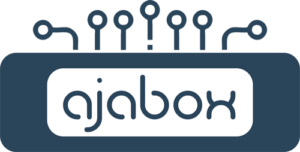In today's digital world, the question of data storage is more crucial than ever. NAS (Network Attached Storage), private cloud, and more recently, self-hosted cloud have emerged as preferred solutions, each with its own merits and challenges.
The NAS
NAS is a network-attached storage device, providing centralized access to data. It offers a similar experience to direct storage but with improved accessibility and sharing features.
Advantages:
- Enhanced Security:
- Total Control: With NAS, you have complete control over the physical and digital security of your data.
- Privacy: No third parties are involved, reducing the risk of data breaches.
- Performance:
- Speed: Local access ensures fast transfer speeds, promoting operational efficiency.
- Reliability: Less reliance on internet connection minimizes downtime.
- Cost:
- One-time Investment: Initial purchase cost with no significant recurring fees.
Disadvantages:
- Maintenance:
- Manual: Requires regular intervention for updates and maintenance.
- Expertise: Technical expertise is often required.
- Scalability:
- Limited: Expanding storage capacity can be complex and costly.
- Accessibility:
- Local: Remote access may be limited or complex to set up.
Private Cloud
Private cloud offers remote data storage accessible via the internet. It combines the benefits of public cloud storage with increased security and control.
Advantages:
- Flexibility:
- Global Access: Access your data from anywhere, facilitating collaboration and mobility.
- Scalability: Easily and quickly increase storage capacity.
- Maintenance:
- Automated: Maintenance is often taken care of by the provider, reducing technical burden.
- Updates: Updates and improvements are automatic.
- Backup and Recovery:
- Efficiency: Backup and recovery solutions are often integrated and automated.
- Security: Remote storage offers increased protection against local disasters.
Disadvantages:
- Security:
- Third Parties: Data is stored off-site, which can raise concerns about privacy and security.
- Vulnerability: Potentially vulnerable to online attacks and network downtime.
- Costs:
- Recurring: Monthly or annual fees that can accumulate over time.
- Hidden Fees: Possibility of additional charges for bandwidth and other services.
- Internet Dependency:
- Connectivity: Requires a stable and fast internet connection for optimal access.
Self-Hosted Cloud
An increasingly popular phenomenon, the self-hosted cloud allows users to create their own cloud storage solution, controlled and managed from the comfort of their home or business.
Advantages:
- Total Control:
- Customization: Complete adaptation to the user's specific needs.
- Privacy: Data remains at home, almost eliminating the risk of breaches.
- Cost:
- Economical: An initial investment in hardware, with no significant recurring fees.
- Performance:
- Speed: Since data is stored locally, access is fast and efficient.
Disadvantages:
- Maintenance:
- Responsibility: All maintenance and security responsibilities rest with the user.
- Skills: Requires technical knowledge for setup and management.
Delegated Self-Hosted Cloud: The Innovative Solution Combining the Best of Each Previous Solution
In an era where convenience and control often intertwine, a fourth solution emerges: the delegated self-hosted cloud. This option combines the advantages of traditional self-hosted cloud with the assurance of professional maintenance, thus reconciling autonomy, privacy, and peace of mind.
Advantages:
- Enhanced Control and Security:
- Data Sovereignty: Enjoy complete control of your data while having the certainty of a secure and up-to-date system.
- Automated Updates: Updates and patches are applied seamlessly by professionals.
- Comfort and Peace of Mind:
- Professional Maintenance: No technical worries; a dedicated team takes care of everything.
- Expert Support: Quick and qualified assistance for any questions or concerns.
- Optimized Performance:
- Efficiency: Since data is stored locally, access is fast and efficient.
Disadvantages:
- Cost:
- Service Fees (optional): While autonomy is preserved, professional services involve additional costs if you subscribe to these supplementary services.
- Customization:
- Limited Flexibility: Delegated management can restrict certain highly specific customizations.
Integration into the Storage Landscape
The delegated self-hosted cloud fits into a context where users aspire to autonomy in data management but wish to avoid technical complications. By delegating maintenance to a team of experts, users can focus on the optimal use of their data without getting lost in technical management.
Delegated Self-Hosted Cloud: A Revolution in Progress
With the emergence of this new option, the data storage landscape diversifies further, offering tailored solutions for a variety of needs and preferences. It is undeniable that the delegated self-hosted cloud represents a significant advance in the world of data storage. Combining the best of previous solutions, it offers the sovereignty and control of self-hosted storage, the professionalism and efficiency of traditional cloud services, while eliminating the technical challenges and security concerns inherent in self-management.
Projection into the Future
In a world where digitization and cybersecurity dictate the pace of innovations, the delegated self-hosted cloud stands out as the ultimate solution, meeting the constant quest for control, efficiency, and security. It is an option that not only respects data privacy and integrity but also ensures their availability and efficient management, marking the beginning of a new era in data management.
Conclusion
The anticipated rise of the delegated self-hosted cloud is measured not only by its ability to address existing challenges but also by its propensity to redefine the standards of data storage. The delegated self-hosted cloud is not just an alternative; it is the future of data storage, a silent yet powerful revolution shaping the future of digital information and cybersecurity.
Ajabox has disrupted its competitors by offering the world this innovative concept of the delegated self-hosted cloud.




